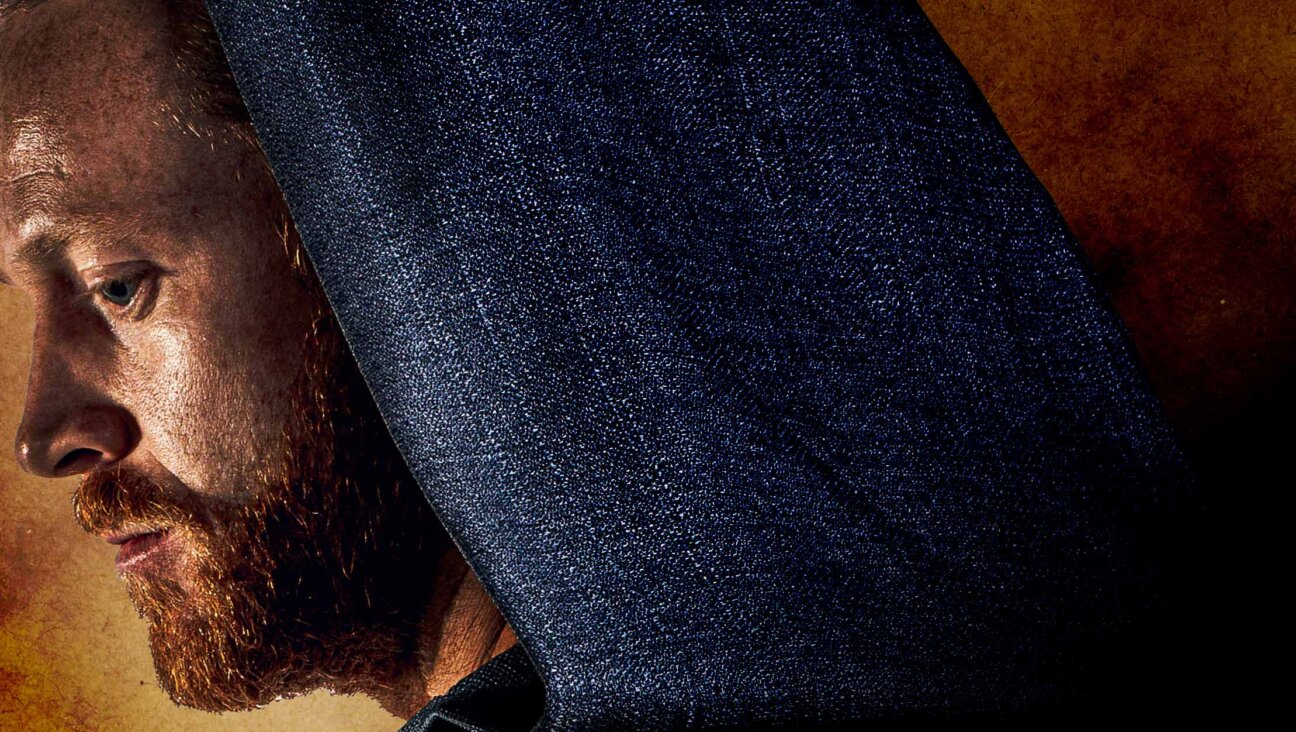ZOA Blasts State Dept. Advisers as Anti-Israel
WASHINGTON — The Zionist Organization of America is blasting the State Department for naming what it called “hostile critics of Israel” to the new Advisory Group on Public Diplomacy in the Arab and Muslim World.
The panel was assembled at the request of Congress to study the efficacy of the State Department’s public outreach to the Arab and Muslim world and to recommend policy initiatives, according to a statement issued by the department. It is chaired by Edward Djerejian, a former American ambassador to Israel and Syria and an assistant secretary of state for Near East affairs in the first Bush and Clinton administrations.
In a letter to President Bush, the ZOA said the State Department had “stacked” the advisory group with “hostile critics of Israel, including extremists who have called for the destruction of Israel and did not support strong U.S. action against Saddam Hussein.”
The ZOA letter singled out Djerejian, who it said is “closely tied to former Secretary of State James Baker — widely regarded as the most anti-Israel secretary of state in U.S. history.” It also cited a series of articles and interviews in which it said Djerejian “opposed ‘unilateral’ U.S. action against Saddam Hussein” and “rationalized Arab terror against Israel.” The first was based on a 1998 article in which Djerejian urged the Clinton administration to take actions “consistent with keeping the Gulf War coalition together.” The second, which “rationalized Arab terror against Israel,” was a 1997 radio interview in which Djerejian said that a slowdown in the peace process “has usually been a formula for increased violence and acts of terrorism on the ground from either party.”
The ZOA’s letter was signed by the organization’s president Morton Klein, board chairman Alan Mazurek, and the chairman of its executive committee, Michael Goldblatt.
The ZOA also opposed the inclusion of four other members of the panel, including political pollster John Zogby, scholar Shibley Telhami of the University of Maryland and Washington attorney George Salem, a prominent Republican activist. All three are Arab Americans who were cited in the ZOA letter for past statements and affiliations that the ZOA found objectionable.
Also cited by the ZOA was social psychologist Stephen P. Cohen, who has played a behind-the-scenes mediating role between Israel and Arab governments since the 1970s and currently serves as scholar-in-residence of the Israel Policy Forum. The ZOA charged that the Israel Policy Forum had been “established by the Israeli Labor Party” and that it had “actively promoted the Oslo process — and continued to promote it despite the complete failure of Oslo to bring the peace which the IPF had promised.” It also accused Cohen of promoting “moral equivalency between Israel’s actions and those of the Palestinian Arabs,” citing a 1997 article in which Cohen had written that there should be “no more provocations by any party.”
Abraham Foxman, national director of the Anti-Defamation League, criticized the ZOA for its attack, saying the five people singled out “are fair, and even if they have a point of view, it is not a prejudiced, antisemitic point of view.” He called Djerejian a “respected professional public servant who has served America’s interests and has been a friend of the American Jewish community and the Syrian Jewish community.” He said Djerejian was “balanced and knowledgeable” and was “respected not only in the Arab world but here and in Israel.”
Foxman praised Cohen as a Middle East expert “who is certainly not an antagonist of Israel or the Jewish people.” He also defended Telhami as a “respected scholar who I think is fair” and Salem as a “respected lawyer who is an appropriate person on that panel.”
A message from our CEO & publisher Rachel Fishman Feddersen

I hope you appreciated this article. Before you go, I’d like to ask you to please support the Forward’s award-winning, nonprofit journalism during this critical time.
At a time when other newsrooms are closing or cutting back, the Forward has removed its paywall and invested additional resources to report on the ground from Israel and around the U.S. on the impact of the war, rising antisemitism and polarized discourse.
Readers like you make it all possible. Support our work by becoming a Forward Member and connect with our journalism and your community.
— Rachel Fishman Feddersen, Publisher and CEO






















